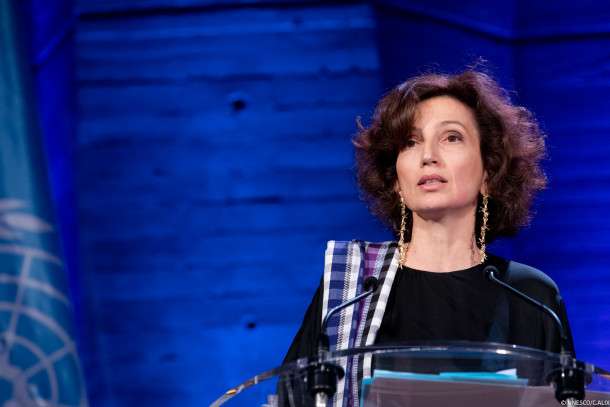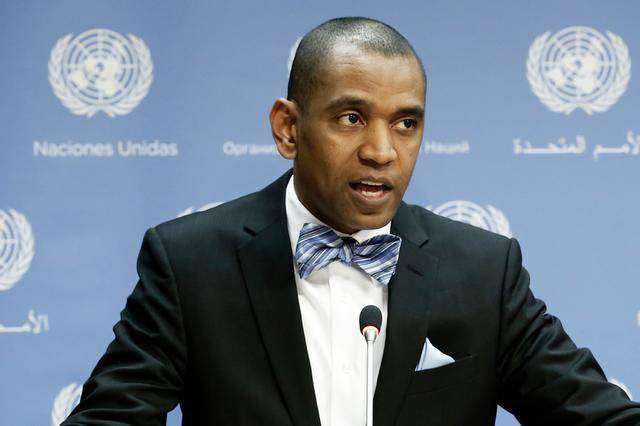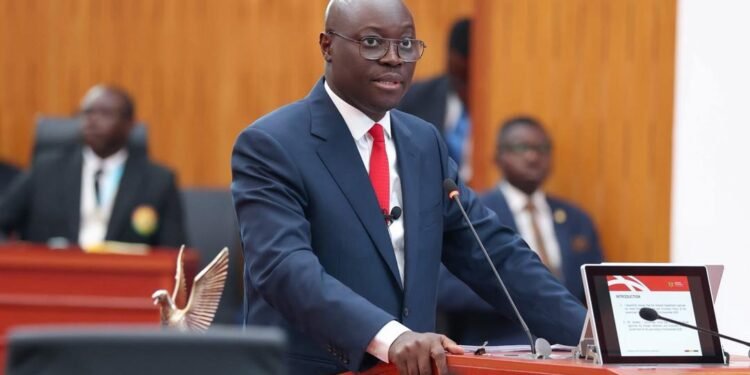The Director-General of the United Nations Education, Scientific, and Cultural Organization (UNESCO), Audrey Azoulay, has stated that, human exploitation in this modern era, does not fit the age the world is currently in.
On the eve of the International Day for the Commemoration of Slave Trade and its Abolition, the UNESCO Director-General, admonished all those who find themselves in the exploitation of their fellow human being at the expenses of money, to put an end to such habit.
“It is time to abolish human exploitation once and for all, and to recognize the equal and unconditional dignity of each and every individual. Today, let us remember the victims and freedom fighters of the past so that they may inspire future generations to build just societies.”
Audrey Azoulay, Director-General of UNESCO.

In the history books of the United Nations, August 22 to 23 represents a watershed in history, as it marks the commencement of the Saint Domingue, present day Haiti, revolution in 1791, which prepped the beginning of the end of Trans-Atlantic slave trade.
According to the UN official, the commemoration of such an event plays an important role in human history, as it’s aimed at embedding the awful occurrence of slave trade in the conscious of the public, and stimulate a visual imagination of what happened.
The UNESCO Director added that, the celebration also serves as a platform to analyze the bad blood between Europeans nation which were involved in human enslavement, and Africa, the Caribean and the Americas.
Moreover, the UNESCO boss further revealed that, as means of broadening its knowledge on slave trade, the agency initiated The Route of Enslave People’s project. The initiative encapsulates a high-level of scientific networks and projects on the subject of slavery, its abolition, and the revolts that surrounds it.

Audrey Azoulay asserted that, since the inception of the initiative in 1994, it has contributed enormously in the eliminations of some appalling mysteries that surrounded slavery history and the rigorous impact it has had in modern day society.
She stressed that, the initiative has helped debunk some myths based on the premise of racial identity, which rationalized these horrific oppressive structures, along with the societal perspective of de-racialization and decolonization.
Additionally, the initiative highlighted the contributions made by people of African origin to the advancement of mankind as a whole, and challenged the social, cultural, and economic disparities that remained as a result of the slave trade.
The Director-General additionally revealed that, the Ark of Return monument at the United Nations Headquarters, symbolizes the recollection of millions of people who suffered from slavery, endured indescribable injustice, as well as those who led the revolt against slave trade.
The monument also pays homage to the forgotten martyrs who stood up to end the authoritarian practices.

According to the words of an American of Haitian heritage, Rodney Leon, the significance of the name creates an avenue to re-write the past and wipe out some memories.
“We felt it would be a good counterpoint to establish a spiritual space of return, an ‘Ark of Return,’ a vessel where we can begin to create a counter-narrative and undo some of that experience.”
Rodney Leon.
READ ALSO: Nadine Dorries Decline Calls For Her Resignation, Claims She’s Still Serving Her Constituents























